Nation states are the political entities wherein democracy in its modern form has developed. They are based upon the idea that the nation is a community of equals, both with equal duties and equal rights. Europe has to become the same, a community of equals, if it wants to be a legitimate political system. Contrary to popular belief, this does not mean a community of equal nation states, but of equal individuals.
Many have argued that Europe cannot be such a community of equals, a nation, because it lacks a common language and a common ancestry. This view is, however, based upon just one of two strands of nationalist thought.
When nationalism, understood as the idea of the nation, not as the idea that one’s own nation is better than any other, arose, it developed in two different forms. There is the Western European or constitutional nationalism and the Eastern European or ethnic nationalism. Only the latter one requires an ethnically and linguistically homogenous community for the nation to function. So, what is the difference between those two ideas?
Ethnic nationalism sees the nation as a big family. They share a common ancestry, language and land. The political system is less important. Nations such as Germany, Poland, Russia or Italy were constructed on the basis of this paradigm. Pan-nationalisms such as Pan-Slavism, Pan-Latinism or Pan-Arabism follow the same logic. Because nations are families, they are unchangeably exclusive. It is impossible to become a member. One is part of it by birth or not at all.
Constitutional nationalism sees the nation as a big club. It rests on the idea that the nation is based upon values and institutions. Britain is an obvious example. Its national identity arose when lords told the king that they are part of the political system, too, and when commons told lords and king that the same applied to them. British nationalism was not based upon the idea that all Britons are the same, but that all people who happen to live in the state of England or later Britain should be protected by law and should have a say in politics.
In other countries, the events were similar. The Dutch nation was created by burghers from the Low Countries who decided to have their own political system. In France, the word “nation” originally meant “those in power” and applied only to the elites of the Ancien Regime, until the Third State in 1789 declared that it was the nation. The idea of French nationalism was born together with French nationalism. The American nation was born when colonial settlers decided to set up their republic because the British crown did not want them to have a say in British politics. Switzerland was founded by different tribes in the western Alps who no longer wanted to be subject to monarchs and nobility. Their four different languages did not stop them.
Constitutional nationalism is exclusive, but not unchangeably so. One can become member of the nation if one lives on its territory, adheres to its rules, shares its values and accepts its institutions. Language is a means of communication and a part of culture, but not the basis of the nation. Nations such as Canada, Switzerland or Britain are multilingual.
If we want Europe to work democratically, we must adopt a national identity. In a place as interdependent as Europe, any decision in any country influences other countries strongly, whether within or outside the EU. This means that we often end up being subject to various countries that are not ours and were we cannot influence politics. To solve this problem, Europeans must found a community of equals.
Ethnic nationalism cannot be the path for it. It is not fit for Europe’s openness to the world as it excludes any immigrants and it is not fit for Europe’s diversity as it would require cultural and linguistic homogenization of Europe. Instead, the constitutional form of national identity is the way to go. We have common values, we have some common institutions, and if we reform these institutions, we can have a proper community of equals, or a nation in a constitutional sense.
Does this mean the end of existing European nations? No. We will have two national identities. Our traditional one and a European one. It is a system similar to the United Kingdom and its home nations, just with shared sovereignty instead of central sovereignty and devolution.
Can our community only consist of Europeans and does it have to include all Europeans? No. While there is no necessity for countries like Australia or Canada to be part of the European political system because they are far away and therefore not as influential in Europe or influenced by Europe, they can participate if they want to as they share their values with us. At the same time, European countries like Belarus cannot become part of a United Europe as long as they base their societies on values other than ours.
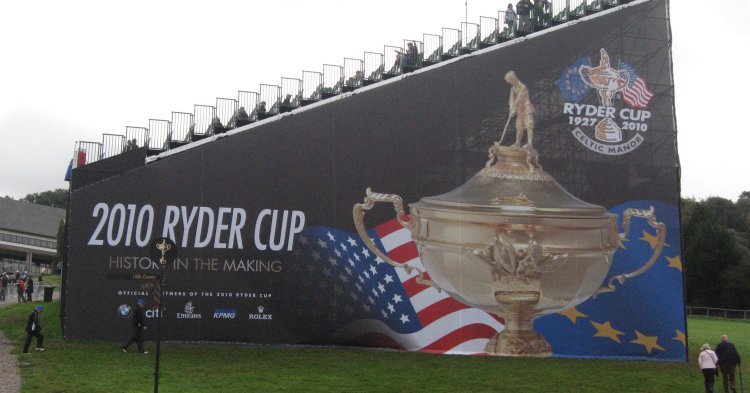

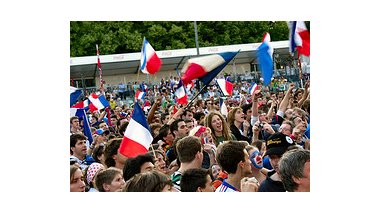
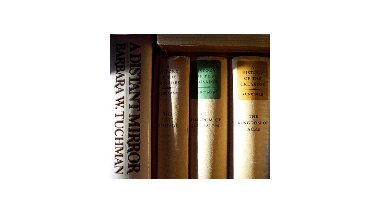
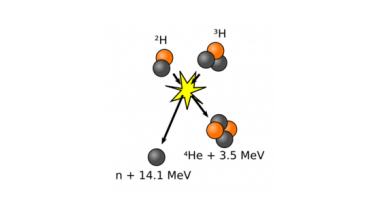

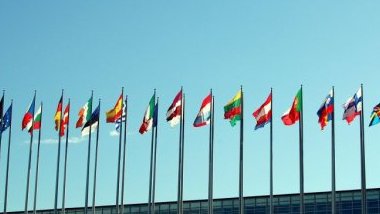
1. On 30 September 2015 at 15:50, by giuseppe marrosu Replying to: The European Nation
Replying to: The European Nation
I agree to most of the article. A language should be democratically chosen, however, to be intended as the official common language, not replacing the existing ones but rather acting as a vehicle of communication so that all europeans can understand each other. The traditional existing languages would be not only be allowed but people would be encouraged to actively preserve them and keep them alive, including those that are endangered now by a linguistic dominator (catalan vs. spanish for example). Unity in diversity.
More stress should be put on democracy: we europeans need to get to participate actively in european politics. We need a European republic. Monarchies are problematic because they contradict the notion of all people being equal, because they tend to identify with the nation and because it is hard to imagine a king, Queen Elizabeth say, as a european citizen loyal to an elected european president.
Canada or Australia (or Tunisia, Taiwan, S. Korea or the US) would be welcome in the EU as far as I am concerned if they ever wanted to join. Russia too if it became reliable, pacific and democratic.
2. On 26 October 2015 at 19:44, by duodecim stellae Replying to: The European Nation
Replying to: The European Nation
Hey Ludger, nice article. (Wieso gibts den eigentlich nich auf Deutsch beim Treffpunkt?)
I think Switzerland should be the role model for the European Union in many ways. The big language groups are subdivided in small cantons, so the nationalistic feelings within the language groups are kept smaller and the all-Swiss patriotism is very strong, which is part of switzerlands self-understanding of being one nation, despite the different language-groups. And yes, being NOT German, French nor Italian is part of the Swiss self-image, which makes it difficult for Switzerland to join the European Union, what is kind of ironic.
It took more than hundred years for Switzerland to become a nation that respects all language groups and unites them in solidarity. The European unification process is only about 60 years old and it is still a long way to go. Guys, we’ll need to push things forward and show lots of endurance.
The priority should be the promotion of European foreign language education in Europe, and not only English. (Just today I met a refugee from Africa in town who did not speak a word English or German, just French or Italian. If I never had learned a bit of those languages, I would not have been able to understand what he wanted from me and to communicate.)
And what we really need is European media! Where are the pan-European newspapers? Where are pan-European broadcasting stations? There is Euronews, but we could have a European music channel, European Films... There are so much possibilities, but I doubt that something will grow out of the free market. It is up to the politicians to give us a pan-European public service broadcasting station!
Follow the comments: |
|
